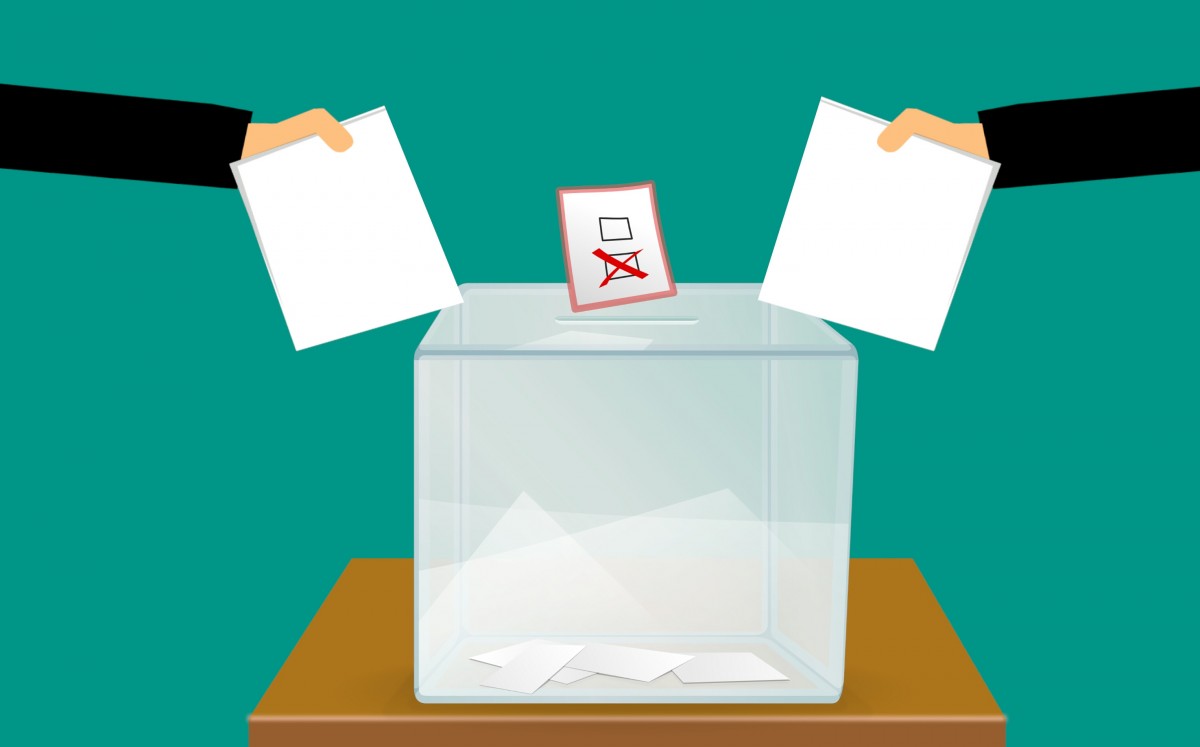ranked ballots will not lead to more representative governments
Perhaps not. The only thing we can be certain they’d give us would be a better voting system.
PR would be even better. And to those who complain about local representation, I say: Local representation in Canada is already a joke and you likely almost never think of it. The vast majority of votes are whipped.
The electoral reform story is Trudeau wanted Ranked ballot in 2015-2016 when he won his first election and everyone wanted something else. So they ended up doing nothing.
The option right now is plausibly going with ranked ballot which is not the ideal solution but an improvement. The narrative in the article of proportional representation isn’t a thing.
I rather take a step forward then just stall forever waiting for a unanimous decision. In it’s I believe having ranked ballots means there would be higher chance of having PR in the future.
https://www.cbc.ca/news/politics/trudeau-electoral-reform-1.7101929
Trudeau walked away from electoral reform, in part, because of his misgivings about proportional representation. He said he feared that such a system would empower fringe parties. He maintains a preference for a ranked ballot, in which voters rank local candidates according to preference.
The electoral reform story is Trudeau wanted Ranked ballot in 2015-2016 when he won his first election and everyone wanted something else. So they ended up doing nothing.
Mostly true, except that the CPC didn’t want anything. At all.
Neither the LPC nor the CPC really want a change, but the LPC would accept ranked ballots because they’re everyone’s second choice. The CPC is no one’s second choice, and under anything other than FPTP they’d never be in office again.
The LPC would probably be permanently enshrined in government under ranked ballots, but PR (which everyone wanted) would see them never forming a majority ever again. 50% vote shares are incredibly rare in Canada; you have to go back half a century and even then they weren’t common. But, majority governments with ~35% of the vote happen often, and the LPC and CPC would prefer to switch chairs every four to eight years than find themselves permanently exiled from power and having to negotiate with parties like the NDP, and appease an electorate that, if you look at it, is much more economically left-wing than the CPC or LPC are.
Mostly true, except that the CPC didn’t want anything. At all.
For brevity I considered that wanting something else.
Neither the LPC nor the CPC really want a change, but the LPC would accept ranked ballots because they’re everyone’s second choice. The CPC is no one’s second choice, and under anything other than FPTP they’d never be in office again.
I also believe that the Liberals don’t really want Ranked ballots either, if I were the NDP I’d definitely give them the opportunity to prove they were never sincere about any type of voting reform.
In regards to everyone wanting PR I’d point to the 2018 BC referendum and how people believe that was setup for failure.
My issue with that is that, historically speaking, movement on electoral reform doesn’t happen that often. If we can get something through, we had better make sure it’s the best option that it can be because we are probably not going to revisit the issue for another 150 years. Further, when Trudeau ended up not moving on electoral reform, he had just recently won a strong majority. The calculus now is very different. Perhaps he can be pressured to accept the better system rather than his personally preferred system.
I understand both those points but this was mere weeks ago Private Members’ Business M-86 (Citizens’ Assembly on Electoral Reform)
Just going further into the concept of doing this out of self preservation. I see why Trudeau might be desperate enough to do it but if the Liberals changed over to PR most of them aren’t going to be MP’s for much longer or ever again. If Trudeau is gone I don’t think he ever comes back but for the rest of the Liberals they’ll probably on the other side of the table after people get 4 years of the Conservatives.
Local representation in Canada is already a joke
Well, so is voting in a FPTP system. That’s the whole point of reform, isn’t it? To fix something that isn’t working.
“winner take all”? It’s like minority governments don’t exist.
Not what the term “winner take all” means. It means at the level of individual elections (ie. ridings) that the votes not going toward the winning candidate are meaningless and wasted. It doesn’t matter if an MP wins their riding with 99% of the vote or 51% of the vote. The winner takes the whole riding.
Minority governments effectively don’t exist in Canada, with an average lifespan below 2 years. It’s in either party’s interest to trigger an election as soon as they think they could win a majority. This results in pointless election reruns, wasted taxpayer funds and election fatigue.




